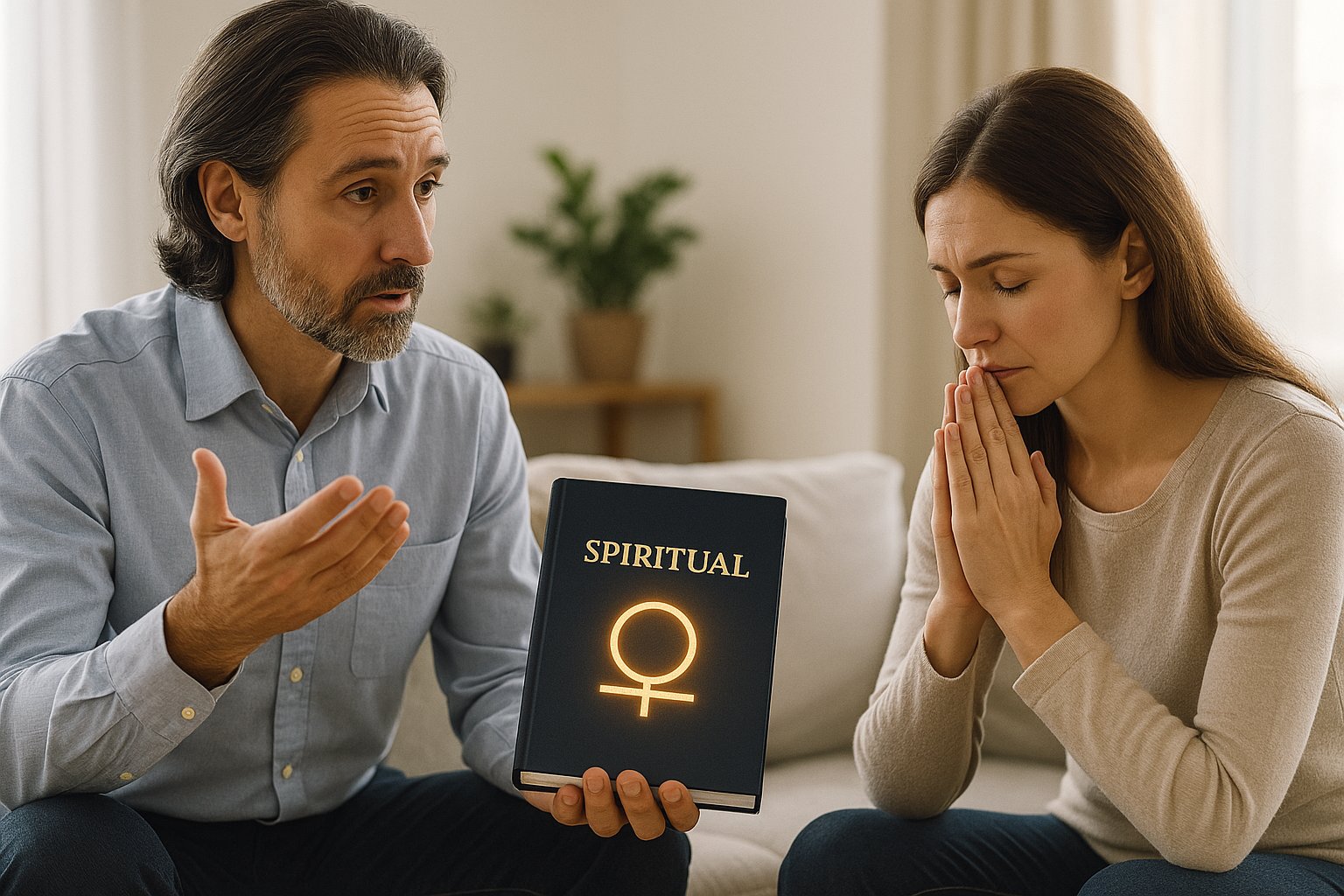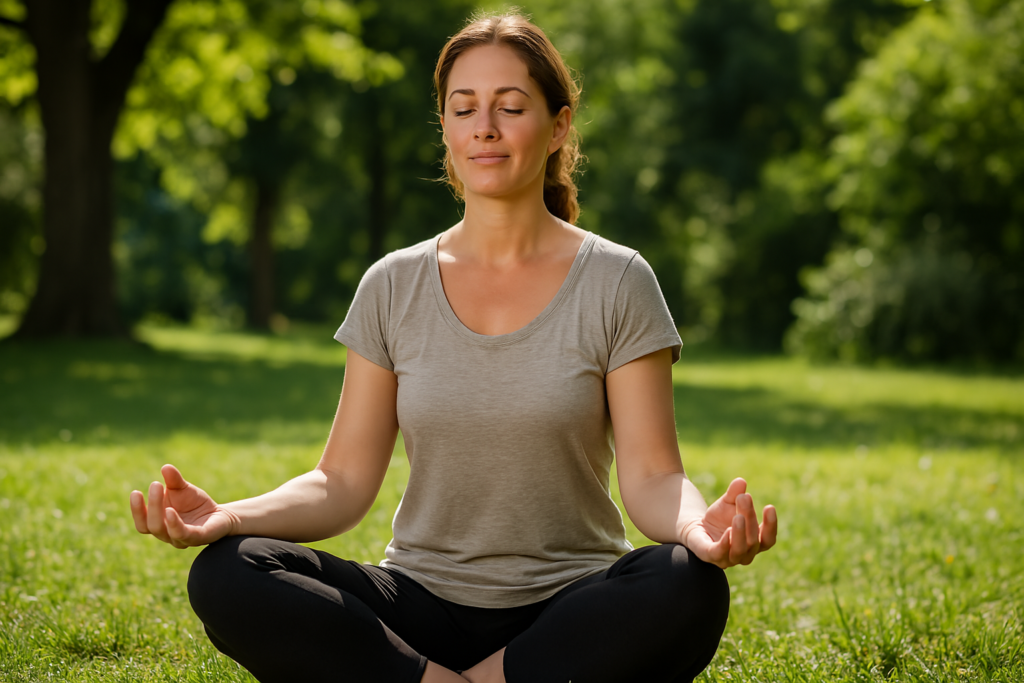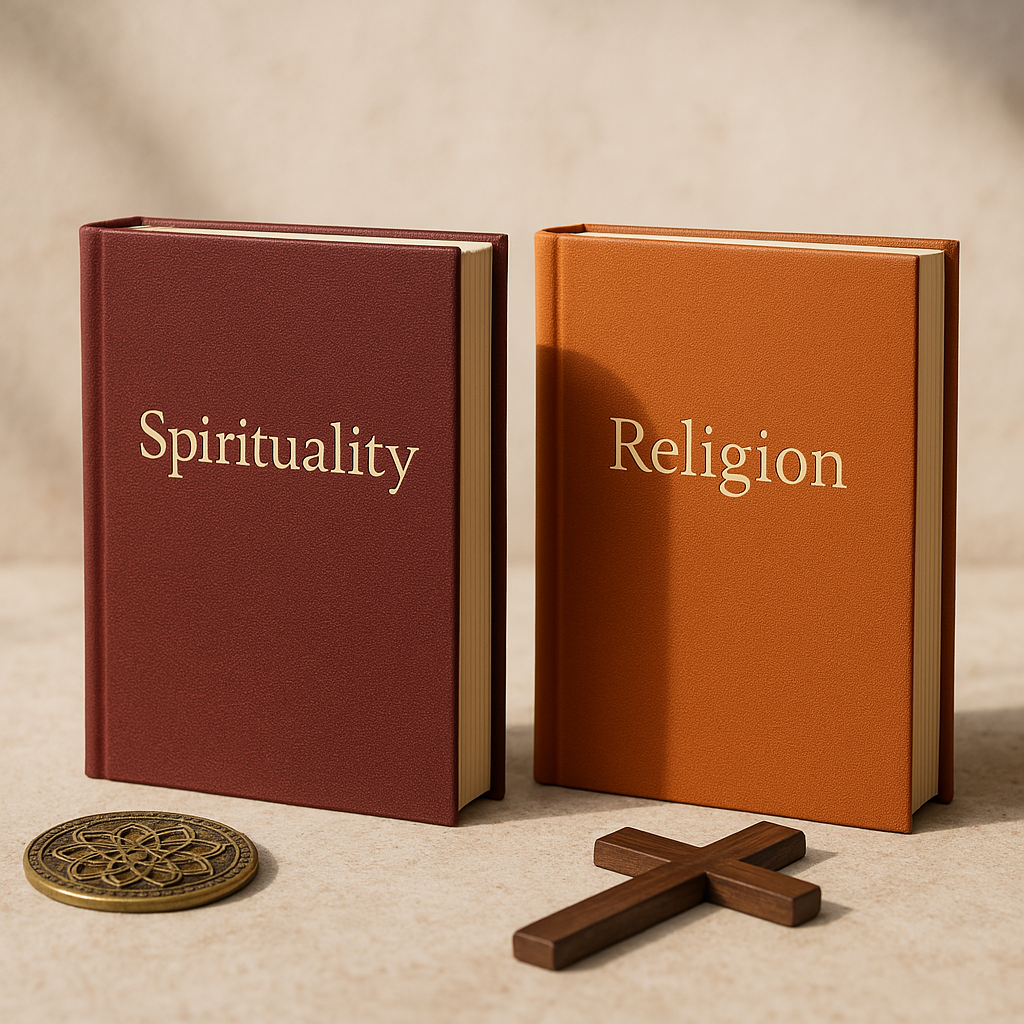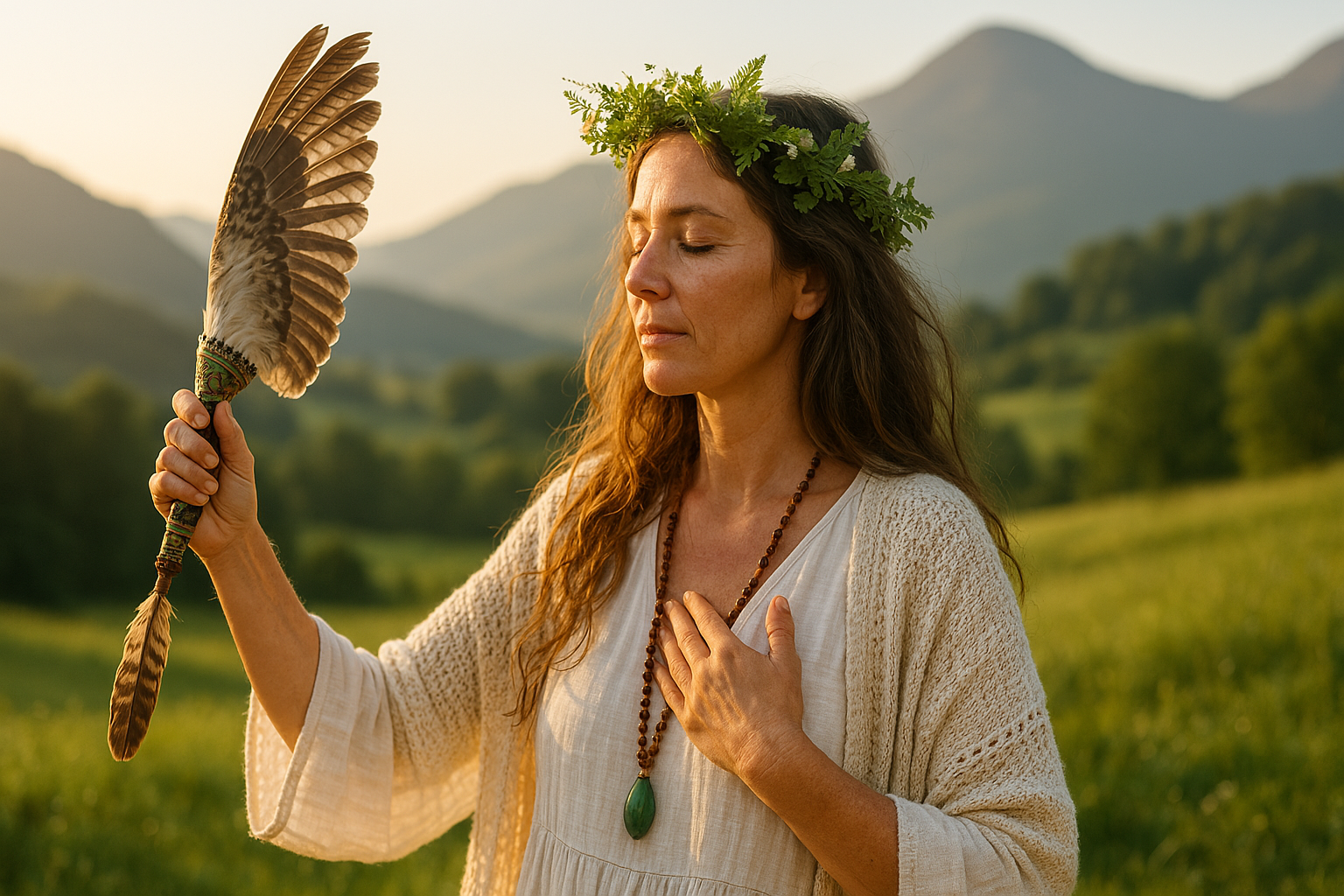Now Reading: Top Spiritual Questions People Ask Daily and Their Deeper Meaning
-
01
Top Spiritual Questions People Ask Daily and Their Deeper Meaning
Top Spiritual Questions People Ask Daily and Their Deeper Meaning

Have you ever found yourself staring at the ceiling at night, wondering about the bigger picture of life? You’re not alone. Every day, people around the world ask deep spiritual questions as they search for connection, peace, and purpose. These aren’t just “woo-woo” curiosities—they reflect real longing for understanding something greater.
In our fast-paced world, where it’s easy to get lost in the noise, spiritual questions can act like a compass, guiding us back to what truly matters. Whether you’re religious, spiritual-but-not-religious, or just plain curious, exploring these questions can ground you in something deeper than your day-to-day worries.
Let’s dive into some of the most frequently asked spiritual questions and uncover why they matter more than you might think.
1. What is my spiritual purpose?
This question pops up more often than you’d imagine. At some point, many of us want to know: Why am I here?
Discovering your purpose isn’t always about a big mission. Sometimes, it’s about the small things—how you show love, help others, or express your creativity. Your spiritual purpose is the unique way your soul wants to show up in this world.
Think of purpose as your personal imprint. It’s not necessarily a job title or role. It can be as simple as spreading kindness or learning to grow through challenges.
Tip: Journaling or meditation can help you connect with your inner self and uncover your deeper purpose.
2. How can I trust my intuition?
We’ve all had gut feelings—those little nudges telling us to take one path over another. But how do we know we’re not just making things up?
Intuition is like a muscle. The more you use it, the stronger it becomes. It often comes as a quiet voice or subtle feeling, not a booming announcement. Tuning into your body—your heart rate, your breath, the energy in your chest—can help you determine if it’s your intuition speaking.
Start small. Pay attention to how you feel when saying “yes” or “no” to something. Your body often knows the truth before your mind does.
3. What does ‘being spiritual’ really mean?
With so many definitions out there, this one can be confusing. For some, being spiritual means connecting to a higher power. For others, it’s about being present, kind, and authentic.
Being spiritual isn’t about burning incense or sitting cross-legged for hours—unless that resonates with you. It’s about living in alignment with your values, being mindful, and understanding that there’s more to life than just the physical world.
Here’s a fun way to think about it: if life is a road trip, then spirituality is your connection to the GPS. It helps you move forward with a sense of direction, even when you’re not sure exactly where you’re going.
4. How do I know I’m on the right path?
This question often stems from fear of making the “wrong” choice. The truth? Life rarely follows a perfect blueprint.
You’ll know you’re on the right path when you feel a sense of peace—even if it’s hard. Growth can be uncomfortable, but alignment feels honest, steady, and clear.
Use this quick check-in table to assess if your path is matching your spiritual alignment:
| Sign | Aligned Path | Misaligned Path |
|---|---|---|
| Emotions | Peaceful, grateful, energized | Drained, frustrated, anxious |
| Decisions | Feel intuitive and empowering | Come from fear or guilt |
| Opportunities | Flow naturally | Feel forced or disconnected |
Remember: life is rarely black and white. Sometimes a detour is part of the journey.
5. Why do bad things happen to good people?
This is one of the toughest spiritual questions out there. It touches on justice, pain, and divine order.
Spiritual traditions have different answers. Some say it’s due to karma, others mention soul contracts—agreements made before birth to learn specific lessons. Still others suggest that suffering can be a path to awakening, helping us develop compassion and resilience.
While it’s hard to find peace in pain, many people find growth through their darkest moments. As one survivor shared, “My trauma didn’t define me—it refined me.”
Spiritual Insight: Pain doesn’t always come with meaning in the moment, but with time and reflection, we often find light in the shadows.
6. How do I connect with a higher power?
We each have our own relationship—or lack thereof—with the divine. Whether you call it God, Universe, Spirit, or something else, connecting doesn’t require a religion or a rule book.
Here are a few ways people often connect:
- Prayer: Speaking from the heart with no filter.
- Meditation: Quieting the mind to listen, not speak.
- Nature: Being outdoors and sensing something larger than yourself.
- Art: Creating music, painting, or writing that taps into your soul.
Like tuning into a radio station, the more you listen, the better the signal gets.
7. Can you be spiritual without being religious?
Absolutely. In fact, this is becoming more common. According to a 2021 Pew Research study, more than 27% of Americans identify as “spiritual but not religious.”
Religion often involves organized beliefs and traditions, while spirituality is more personal. Think of religion as a house and spirituality as the fire inside—it’s possible to have one without the other.
8. Do our loved ones stay connected to us after they pass?
Many people feel the presence of those who’ve crossed over. Whether it’s from dreams, signs like butterflies or recurring numbers, or simply a deep feeling, the connection often continues.
Mediums and spiritual teachers suggest that energy doesn’t die—it transforms. Just like radio waves, we may not see them, but that doesn’t mean they’re not there.
Whether or not you believe in life after death, remembering loved ones keeps them alive in our hearts. The love shared never truly disappears.
9. What happens after we die?
Now here’s the big one. Every major religion has its version—heaven, reincarnation, eternal rest. Spiritual seekers often describe it as a return to source, a reunion with pure love.
Of course, no one truly knows. But many near-death experiences (NDEs) share similar themes: light, peace, and a feeling of being “home.” Books like “Proof of Heaven” by Dr. Eben Alexander explore this in depth.
Curiosity is okay. Asking what happens after death doesn’t mean you’re morbid—it means you’re human. And sometimes, even asking the question can bring comfort.
Final Thought
Spiritual questions don’t always come with clear answers. But maybe that’s the point. These questions spark inner exploration, help us grow, and bring us closer to our authentic selves.
You don’t need to be a monk or guru to ask deep questions. Whether you whisper them while walking your dog or yell them into a pillow, your soul is listening. And that alone is a deeply spiritual act.
Sources
- Journey Tree Healing – 9 Thought-Provoking Spiritual Questions
- Pew Research: Religious Unaffiliation in America, 2021
- Proof of Heaven by Dr. Eben Alexander, 2012
- Psychology Today – Intuition and Decision Making









